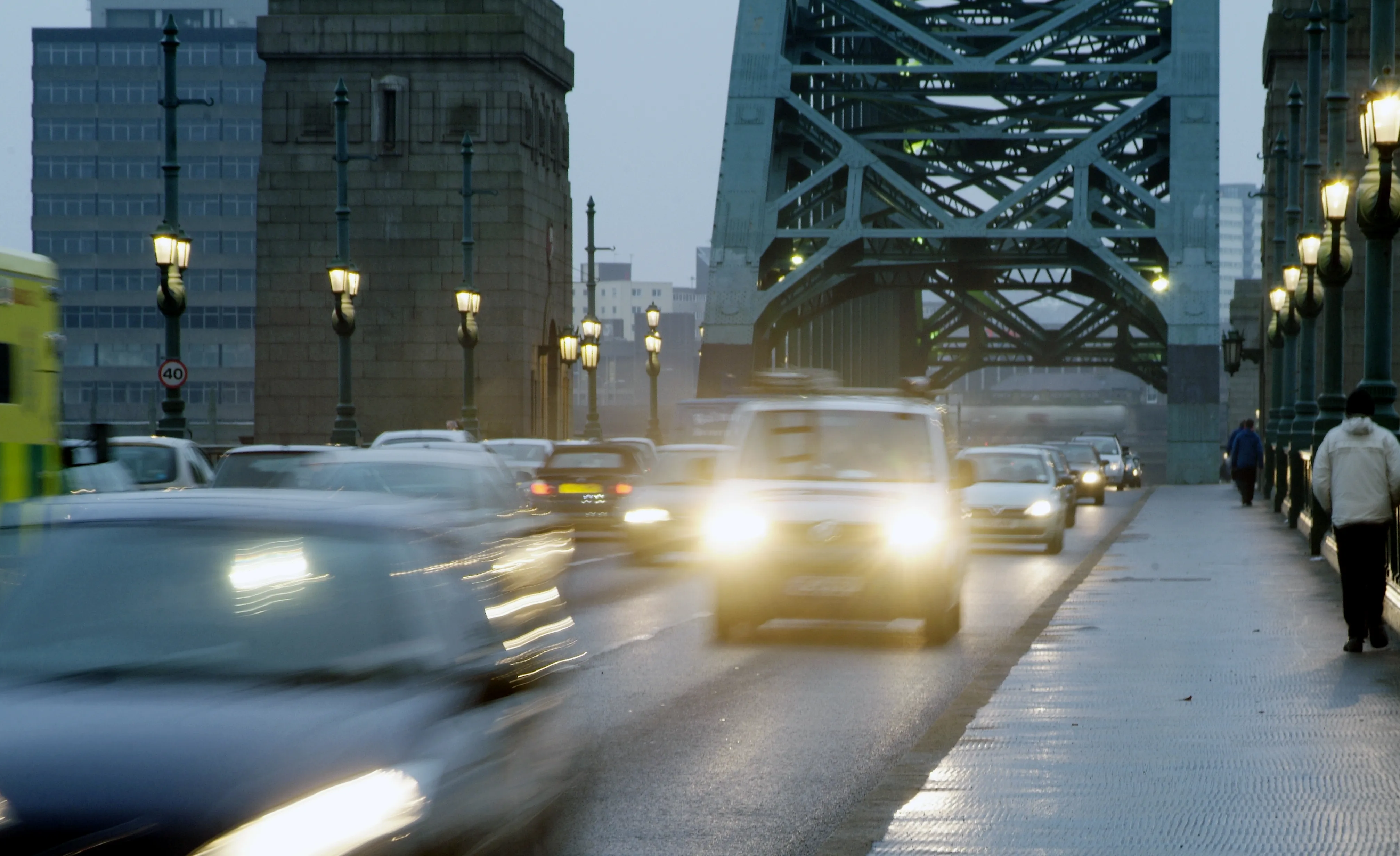Various consortia are currently taking part in LEFT and operating these technologies in real-world scenarios while capturing data.
Venn Chesterton, Innovate UK’s Ultra Low Emission Vehicle Lead, will outline the latest developments and next steps necessary to implement the technology sooner.
The free event includes a full day’s programme supported by focused workshops, an exhibition area and an innovation zone.
In addition, the Microlise Driver of the Year Awards will celebrate the UK’s most talented Heavy Goods Vehicles (HGVs) drivers through industry nominated categories. These include HGV Hero, Lifetime Achievement, Extra Mile, Most Improved and Young Driver of the Year.
Chesterton, said: “Over 200 alternatively fuelled vehicles are participating in this trial. The aim is to demonstrate new technologies and to encourage the wide-spread introduction of low and zero emission vehicles to UK fleets. Significant progress will have been made by May and I hope to be able to share many interesting insights with the audience at the conference.”
Bob Harbey, Microlise Executive Director, said: “We have positioned innovation at the heart of the Microlise Transport Conference agenda. With significant government policy shifts underway, including the introduction of Clean Air Zones in many urban locations, the transport industry needs to stay up to date with the latest advances, particularly those reducing emissions and minimising environmental impact.”
Innovate UK to provide update on low emission trials at Microlise
Innovate UK will present an update on the £20m ($28m) government Low Emission Freight and Logistics Trials (LEFT) at the Microlise Transport Conference held in Coventry this May. The trials have deployed hydrogen dual-fuel vehicles, electric vans and trucks with the intention of encouraging the wide-spread introduction of low and zero emission vehicles to UK fleets.
January 30, 2018
Read time: 2 mins
Innovate UK will present an update on the £20m ($28m) government Low Emission Freight and Logistics Trials (LEFT) at the Microlise Transport Conference held in Coventry this May. The trials have deployed hydrogen dual-fuel vehicles, electric vans and trucks with the intention of encouraging the wide-spread introduction of low and zero emission vehicles to UK fleets.









